The experiment may have detected the first direct detection of dark energy, the enigmatic factor that is speeding the expansion of the universe.
An experiment detected a strange signal that might point to dark energy instead of dark matter.
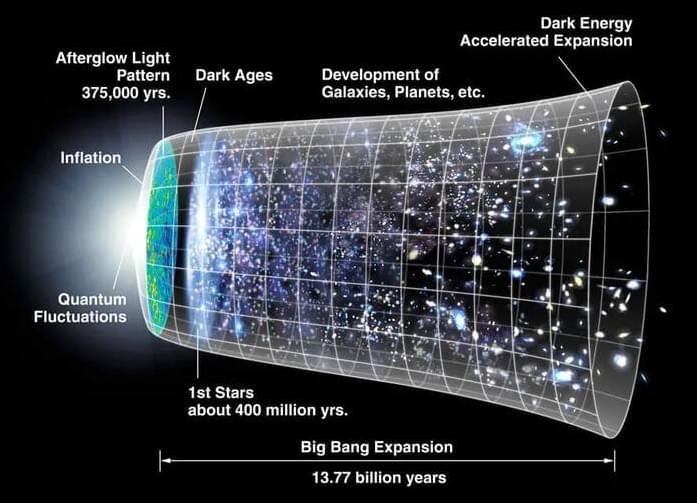
This simulation created by researchers in the Netherlands might help us know more about mysterious black holes.
While AI has the potential to automate many tasks, there are certain jobs that require human skills and abilities that AI cannot replicate. These include jobs that require creativity, empathy, critical thinking, and human interaction. According to the World Economic Forum, AI is unlikely to be able to replace jobs requiring human skills such as judgement, creativity, physical dexterity and emotional intelligence. Some examples of jobs that AI cannot replace include psychologists, caregivers, most engineers, human resource managers, marketing strategists, and lawyers. In this video, Dr. Michio Kaku mentioned three specific types of jobs that AI cannot replace: blue-collar jobs that are not repetitive, emotional jobs, and jobs requiring imagination. These types of jobs require human skills and abilities that are difficult for AI to replicate. For example, blue-collar jobs that are not repetitive often require physical dexterity and mobility. Emotional jobs require empathy and the ability to connect with others on a personal level. Jobs requiring imagination involve creativity and innovation. In conclusion, while AI has the potential to automate many tasks and change the job landscape, there are certain jobs that require human skills and abilities that AI cannot replicate. These include blue-collar jobs that are not repetitive, emotional jobs, and jobs requiring imagination. It is important for individuals to develop these skills in order to thrive in the future job market. Fair Use Disclaimer : Copyright disclaimer under section 107 of the Copyright Act 1976, allowance is made for “fair use” for purposes such as criticism, commenting, news reporting, teaching, scholarship and research. Fair use is a use permitted by copyright statute that might otherwise be infringing. Non-profit, educational or personal use tips the balance in favor of fair use. Disclaimer: The video and audio content used in this video is for educational purposes only and does not belong to me. I have given credit to the respective owners and creators of the content. This video is intended to provide information and knowledge to its viewers, and no copyright infringement is intended. I have made every effort to ensure that the content used in this video is properly credited and used in accordance with fair use guidelines. If you are the owner of any content used in this video and have any concerns, please contact me. Legal Disclaimer : The video clips incorporated into this project are the sole property of their respective owners and creators. I do not claim ownership or rights to any of the content used. All credit is attributed to the original sources. No copyright infringement is intended. Clips Provided by Cuckoo for Kaku Watch : https://youtu.be/JANGUKLJkPQ #shorts #shortsfeed #shortvideos #shortvideo #shortsvideo #shortsyoutube #shortsviral #viralshortsvideo #viralshorts #viral #viralvideo #viralvideos #space #spaceflightsimulator #deepspace #spaceship #spacelovers #spacesuit #spaceexploration #spacecraft #telescope #spacex #spacestation #universe #cosmos #nasa #viral #viralvideo #viralvideos #science #technology #physics #astronomy #astrophysics #astrophotography #cosmology #cosmos #jwst #jameswebbspacetelescope #jameswebb #hubble #hubbletelescope #video #videos #interstellar
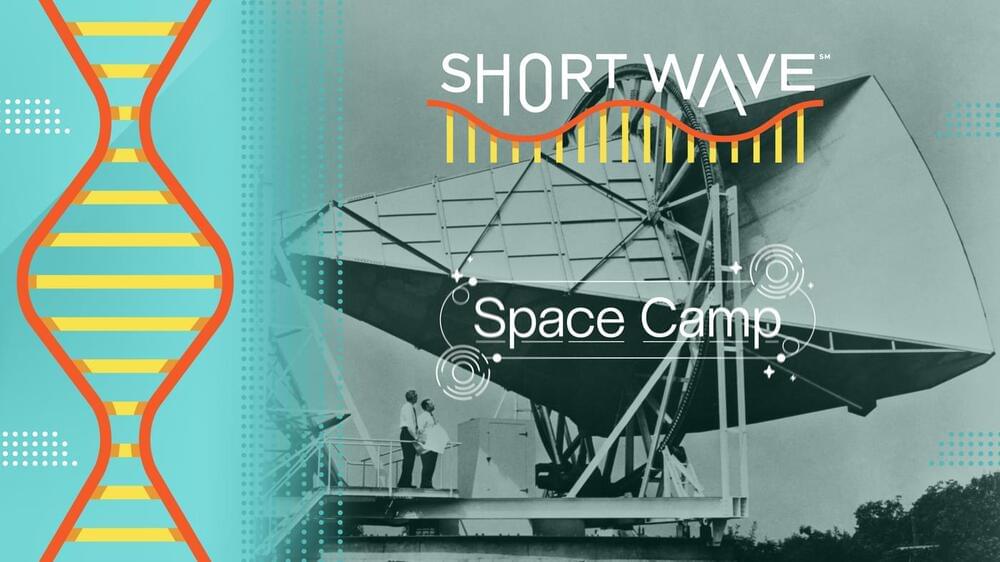
The Big Bang: The moment when our universe — everything in existence — began…Right? Turns out, it’s not quite that simple. Today, when scientists talk about the Big Bang, they mean a period of time – closer to an era than to a specific moment. Host Regina Barber talks with two cosmologists about the cosmic microwave background, its implications for the universe’s origins and the discovery that started it all. Interested in more space science? Email us at [email protected].
For the first time, astronomers have captured an image of a neutron star emitting a ‘garden sprinkler-like’ S-shaped jet in the binary system Circinus X-1, located over 30,000 light-years away.
This phenomenon, similar to precession observed in black holes, illustrates the jet’s direction change due to the gravitational pull from a disc of hot gas. The discovery was made using the MeerKAT radio telescope, and the findings provide insights into the dynamics of neutron stars and the mechanics of jet launching.
A strange ‘garden sprinkler-like’ jet coming from a neutron star has been pictured for the first time.
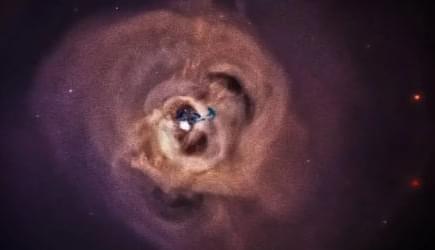
On cosmological scales, dark matter so dominates the gravitational behavior of the Universe that, to first approximation, researchers can ignore the gravitational pull of visible matter when simulating the large-scale distribution of galaxies. Still, determining subtle yet important properties of the Universe, such as variations in the amount of dark energy, requires knowing the exact locations of the subatomic particles (baryons) that make up the Universe’s visible matter, as well as what these particles are doing and how they are interacting with dark matter. Now Tassia Ferreira of the University of Oxford, UK, and her collaborators have identified a statistical correlation between two observable features of the Universe that has the potential to reveal the extent of astronomers’ understanding of how baryons shape the large-scale structure of the cosmos [1].
The uncovered correlation is between variations across the sky of the amount of “cosmic shear” and the intensity of the diffuse background of cosmic x rays. Cosmic shear is the apparent warping of the shapes and positions of distant galaxies by the gravitational pulls of intervening clusters of galaxies and other large concentrations of matter. The x-ray background emanates mostly from hot, thin plasma held in the gravitational potentials of those same intervening structures.
Ferreira and her collaborators found that the cosmic shear and the x-ray background are strongly correlated. This correlation is unsurprising given that both features are manifestations of the same dark-matter structures. But the researchers also found that the baryons’ locations influenced how well various physical models reproduced the correlation. One important factor is the amount of plasma (which is made of baryons) that supermassive black holes expel into intergalactic space.
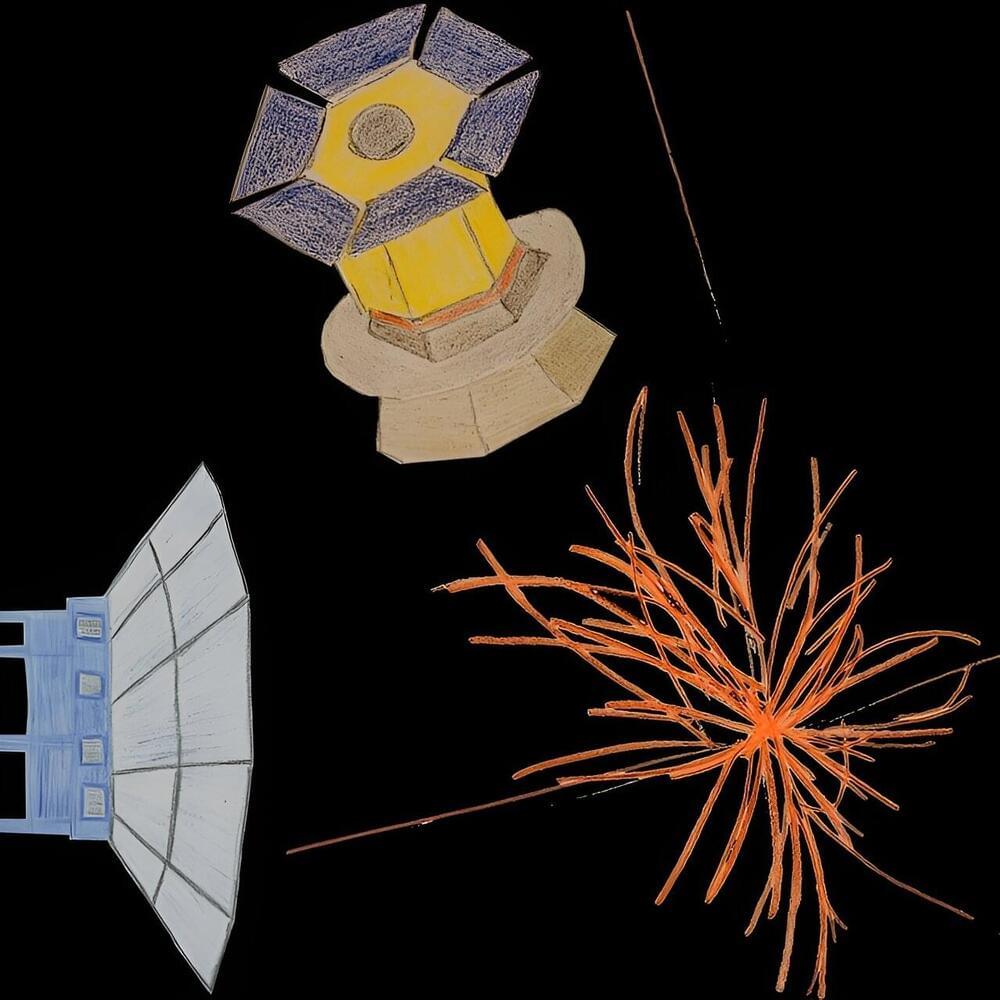
Various large-scale astrophysical research projects are set to take place over the next decade, several of which are so-called cosmic microwave background (CMB) experiments. These are large-scale scientific efforts aimed at detecting and studying CMB radiation, which is essentially thermal radiation originating from the early universe.
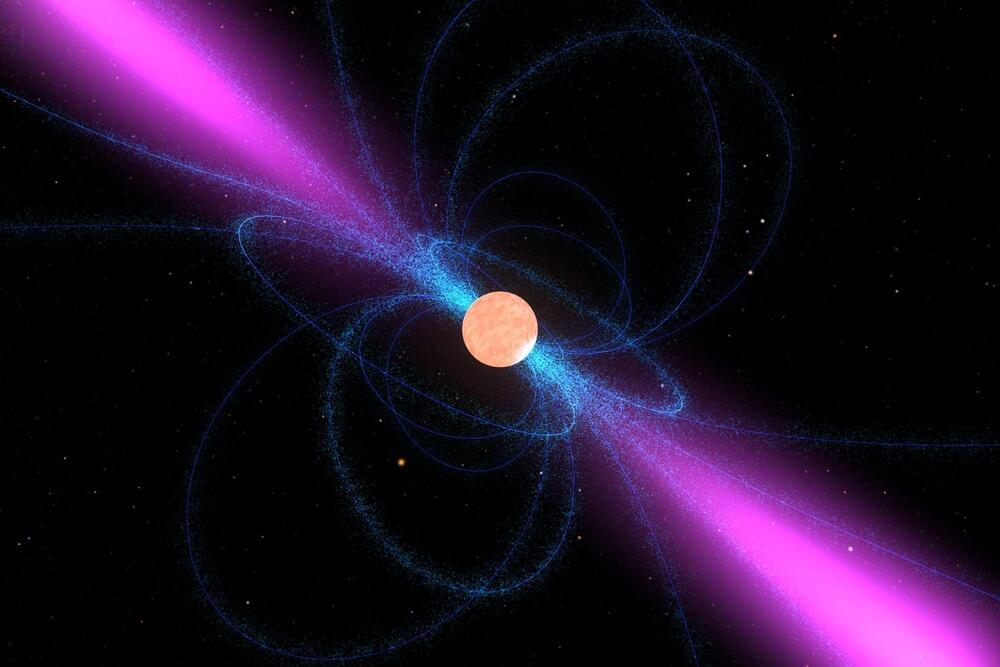
Evidence for potential dark matter objects has been detected using pulsars, which are neutron stars emitting regular beams of radio waves.
These beams were analyzed by Professor John LoSecco, revealing variations and delays that indicate the presence of unseen mass, likely dark matter. LoSecco utilized data from the PPTA2 survey, involving precise measurements from several radio telescopes. The study found around a dozen instances where dark matter likely influenced pulsar signals. This research not only helps in understanding dark matter but also improves pulsar timing data for other astronomical studies.
Detecting Dark Matter With Pulsars
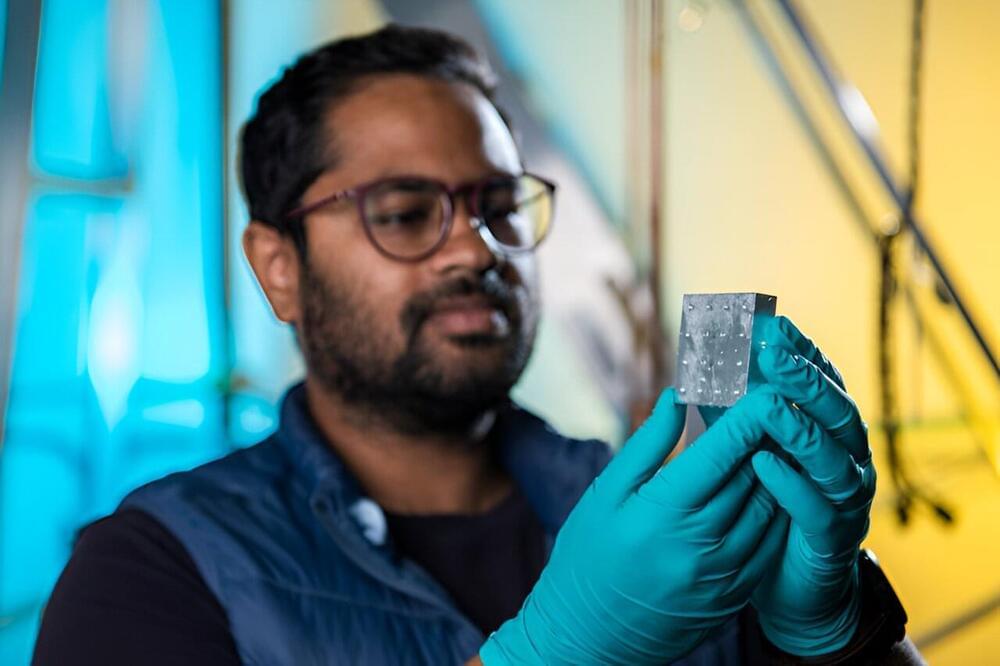
Scientists cannot observe dark matter directly, so to “see” it, they look for signals that it has interacted with other matter by creating a visible photon. However, signals from dark matter are incredibly weak. If scientists can make a particle detector more receptive to these signals, they can increase the likelihood of discovery and decrease the time to get there. One way to do this is to stimulate the emission of photons.
There’s more than one way for a star to die. Some go with a whimper, and some go with a very, very big bang.
By Phil Plait
Very soon now, possibly in a few days, though more likely in the next few weeks, a new star will appear in our sky—except it’s really an old star. Called T Coronae Borealis (or T Cor Bor), it’s a binary system composed of a huge red giant star and a tiny white dwarf. Though small, white dwarfs are vicious: They pack much of a solar-type star’s mass into an approximately Earth-sized sphere. This makes them terrifically dense and hot, and they possess a fierce gravitational attraction.